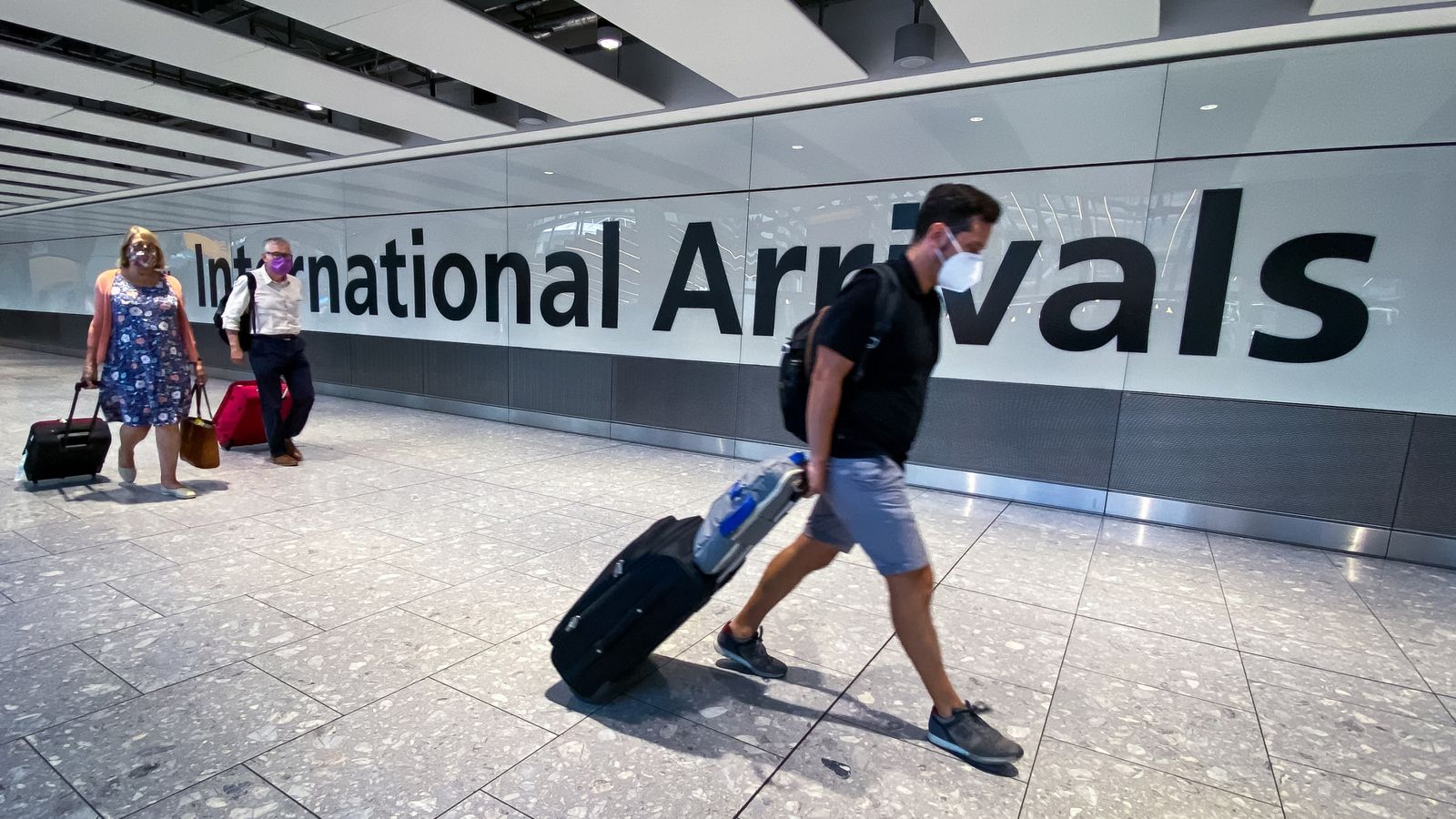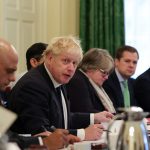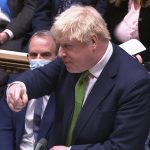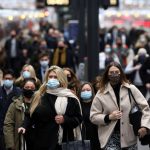A home quarantine rule for travellers to the UK “just doesn’t work”, a top epidemiologist advising the government has warned.
Professor Neil Ferguson, part of the New and Emerging Respiratory Virus Threats Advisory Group (Nervtag), suggested that anything other than the tough border restrictions imposed by countries such as Australia and New Zealand was “window dressing”.
The government has been facing calls to scrap its “amber list” of countries, from which people returning to the UK have to quarantine for 10 days at home.
By contrast, those returning from “red list” countries have to quarantine in a government-managed hotel, while those coming back from “green list” countries don’t have to quarantine.
Prof Ferguson, whose modelling is said to have been instrumental in ministers’ decision to impose the first lockdown last year, highlighted how travellers from India – where the Delta variant was first discovered – had been expected to quarantine at home in the first part of this year before the country was added to the “red list” on 23 April.
The Delta variant has since become the dominant COVID variant in the UK, with its spread prompting Prime Minister Boris Johnson to delay the final stage of his roadmap for lifting lockdown restrictions.
“I think the lessons are that if you take the policy of Australia and New Zealand then it can be effective,” Prof Ferguson told a Royal Society of Medicine webinar on Thursday.
“But anything much less than that is, at best, slowing things down.
“One of the things this last experience of Delta in the UK has highlighted is that home quarantine for travellers just doesn’t work.
“Everybody coming in from India in April of this year was meant to quarantine at home for 10 days but it still established itself.
“We need to think carefully about the extent to which travel restrictions are really intended to be effective – in which case they have to be quite stringent.
“Or we adopt a different strategy.
“Anything in between is, to some extent, window dressing. It’s more posturing than actually anything with an epidemiological impact.”
The government is currently considering relaxing restrictions surrounding international travel for Britons who have had both doses of coronavirus vaccine.
Prof Ferguson said the UK was “at the beginning” of a third wave of COVID infections, which he added could result in 100 or 200 deaths a day at its peak, or a death rate similar to the peak of the UK’s second wave in January.
Australia and New Zealand are among countries to have imposed stringent border policies – including hotel quarantine requirements – since the beginning of the coronavirus pandemic and have since seen much lower infection rates than European nations.
But Professor Graham Medley, who chairs the Scientific Pandemic Influenza Group on Modelling (SPI-M), said Australia and New Zealand would face a “significant challenge” and an “exit wave” of infections when they eventually reopen their borders.
Follow the Daily podcast on Apple Podcasts, Google Podcasts, Spotify, Spreaker
“In terms of New Zealand and Australia and other countries that have adopted this elimination approach, I think they are facing a very different challenge and a significant challenge because they are going to have to have an exit wave as well,” he said.
“They will fully vaccinate before they open up, I’m sure, but when they do they will be in the same position we are now – only slightly worse because they won’t have the immunity developed from natural infection.
“And so New Zealand is actually going to have to have an epidemic at some point, unless it wishes to keep its borders closed forever.”
He said that discussions over whether tougher travel restrictions would have prevented the Delta variant being seeded in the UK were a “moot point”.
“The lessons of it are that travel restrictions mean that variants move,” he said.
“You can reduce travel and slow down those movements of those variants, but you can’t stop it completely.”






















